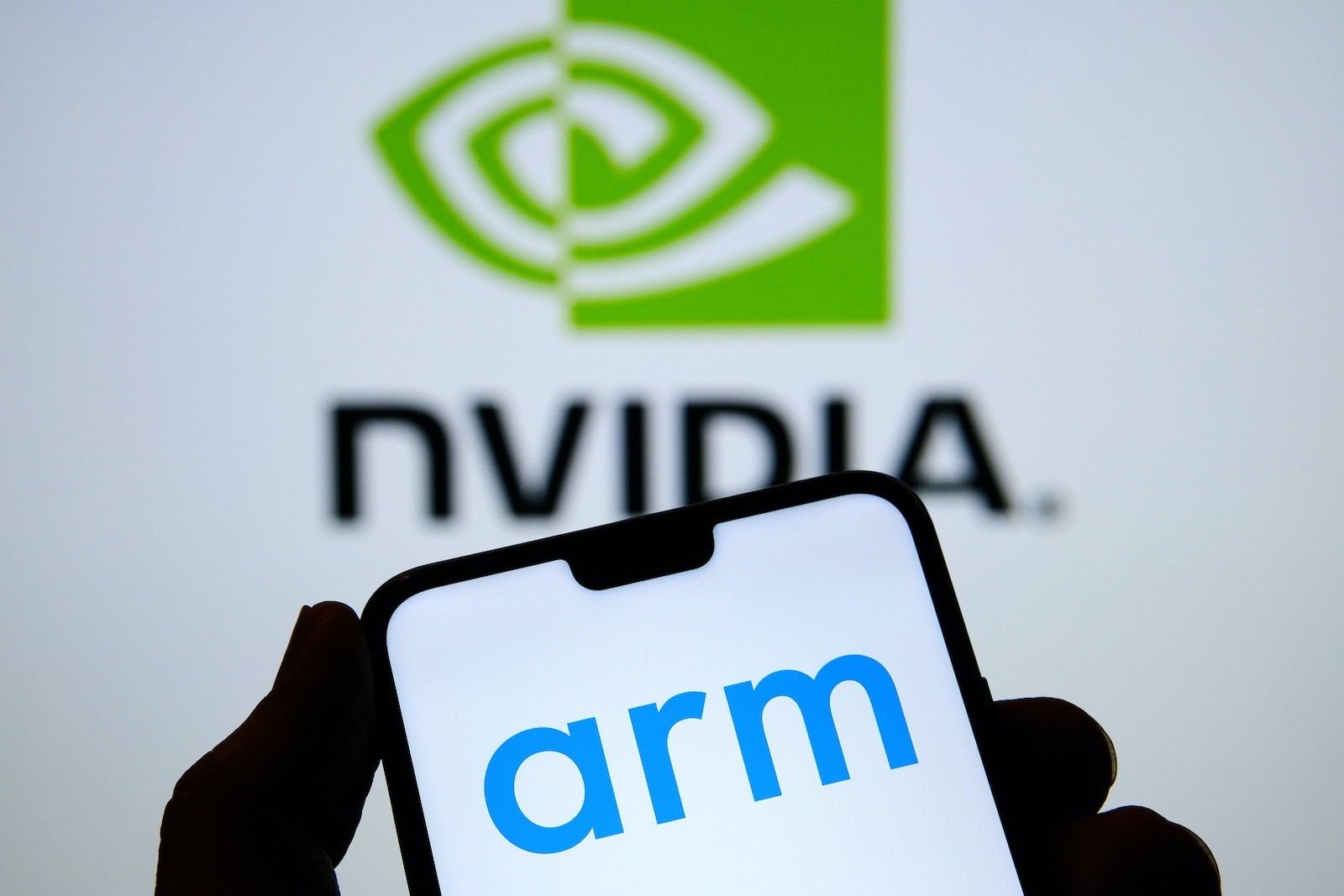“Thirty years ago, a visionary team of computer scientists in Cambridge, UK, invented a new CPU architecture optimized for energy-efficiency and a licensing business model that enables broad adoption. Engineers designed ARM CPUs into everything from smartphones and PCs to cloud data centers and supercomputers. An astounding 180 billion computers have been built with ARM — 22 billion last year alone. ARM has become the most popular CPU in the world,” states Jensen Huang, CEO of NVIDIA, in an open letter to employees.
The US-based chip manufacturer has announced the acquisition of the UK-based semiconductor designer, ARM, for a reported $40 billion. ARM is majority owned by the prolific Japanese Investment group Softbank after a $32 billion deal in 2016. Four years on, the Softbank ownership will now go down as an $8 billion stepping stone for ARM in their fascinating journey as the key supporting character of the digital age. The NVIDIA-ARM deal is significant, not because of the magnitude of the investment but due to the unbelievable scale of ARMs influence in the technology sector, where it holds a uniquely non-partizan role.
ARM has long been called “the Switzerland of the semiconductor industry” for its high standards and its non-competitive neutrality. While Microsoft makes software for PCs, it also makes and sells its own computers. Similarly, Google sells android software for smartphones but also makes its own smartphone, the Pixel. ARM is different, focusing solely on R&D, the firm designs software and semiconductors for many of the most popular electronics in the world, including Apple and Samsung smartphones, Intel hardware, as well as Sony and Nintendo consoles. ARM is also central to the growing Internet of Things (IoT) industry for smart buildings and cities.
ARM resisted the typical route of technology companies by not manufacturing any products themselves, rather licensing their patented designs to customers who can then easily modify, manufacture, and market microchips around them. The quality of their products and their non-competitive neutrality have allowed the firm to build an unprecedented ecosystem of the world’s most reputable partners, vendors, and manufacturers. Now, despite assurances from the new owners, it is hard to see how ARM can continue its current business model whilst also serving its new shareholders at NVIDIA.
“It is very much in NVIDIA’s interest to kill ARM,” Hermann Hauser, ARM’s co-founder, told the Guardian in an interview last week, likening the deal to a sale of Trident, the UK’s nuclear program. He described the takeover as an “absolute disaster” which would destroy the company’s business model and lead to job losses at its Cambridge headquarters. Founded in 1990, ARM is the UK’s biggest technology company, employing more than 6000 people, even Ed Miliband, the UK shadow business secretary, called for “legally binding assurances” from NVIDIA that it would not move ARM’s headquarters out of Cambridge.
“ARM will remain headquartered in Cambridge,” said Jensen Huang, founder and CEO of NVIDIA, in the official announcement. “We will expand on this great site and build a world-class AI research facility, supporting developments in healthcare, life sciences, robotics, self-driving cars and other fields. And, to attract researchers and scientists from the UK and around the world to conduct groundbreaking work, NVIDIA will build a state-of-the-art AI supercomputer, powered by ARM CPUs. ARM Cambridge will be a world-class technology center.”

NVIDIA has also promised that ARM will continue to operate its open-licensing model while maintaining the global customer neutrality that has been foundational to its success. They also agreed to satisfy the related commitments made by Softbank when it acquired ARM in 2016, which are scheduled to complete in September 2021, at the same time as the acquisition. Above all, the US firm claims that ARMs partners will also benefit from both companies’ offerings, including NVIDIA’s numerous technology innovations. However, there is a notable absence of public backing of the deal from ARMs many big partners.
NVIDIA is well-known as the market leader in graphics processing units (GPUs), which traditionally powered high-fidelity video games but increasingly handle data-intensive machine learning tasks, a precursor to full-blown artificial intelligence and its wide range of applications including many in the smart buildings space. NVIDIA are in the business of creating the next best microchip in order to stay one step ahead of their competitors, and through the acquisition of ARM, they will have gained ownership of an unrivaled collection of IP licenses and patents that puts them first in line. Despite bold claims of neutrality few corporations would ignore such opportunity, leaving the rest of the technology waiting for a seemingly inevitable disruption.
“We are joining arms with ARM to create the leading computing company for the age of AI,” continues Huang in his open letter. “AI is the most powerful technology force of our time. Learning from data, AI supercomputers can write software no human can. Amazingly, AI software can perceive its environment, infer the best plan, and act intelligently. This new form of software will expand computing to every corner of the globe. Someday, trillions of computers running AI will create a new internet — the internet-of-things — thousands of times bigger than today’s internet-of-people.”
Follow to get the Latest News & Analysis about the Competition in your Inbox!



